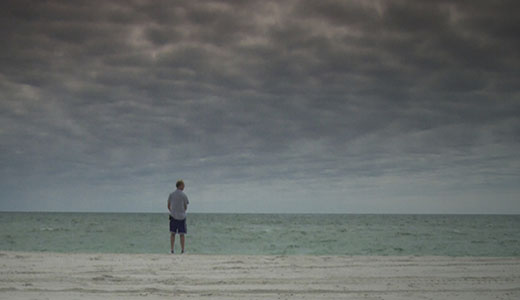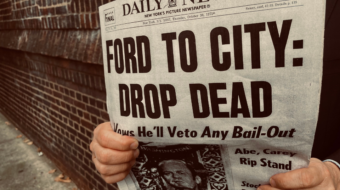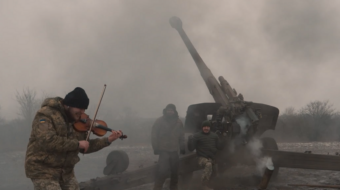
This month, HBO released a new documentary in which we see homes lost and families destroyed. It is not about the wild fires in Colorado or a flood sparked by a raging river. The film, Hard Times: Lost on Long Island, documents the man-made capitalist disaster of long term unemployment.
The film does not take place in Youngstown or Milwaukee or another industrial city in the so-called ‘Rustbelt’. Instead it takes place in Levittown, NY, one of the original prototypes of the American suburb where young returning veterans, gripping their GI Bill of Rights, were expected to become the producers of America’s next great epoch and raise their families in these brand new homes.
The participants in the film are not muscular blue-collar workers with calloused hands but rather IT Mangers, school teachers, bankers, and administrative assistants all of whom are now literally wandering the streets in search of a job. One individual profiled in the film previously worked in the famed World Trade Center in New York, and survived both the 1993 bombing and the horrors of September 11. Today he cannot even convince Federal Express to hire him as a delivery truck driver.
The average length of a jobless worker’s unemployment is at an all time high of nine months and with four people seeking each available job there does not appear to be any end in sight. Those trapped in this soul crushing environment use words like “doom,” “dire,” “terrified,” and “a deadness” to describe their mood and outlook. One comments, “the middle class is not in the middle anymore…it is a lower class.”
The emotional toll taken on these workers can be heard in their statements such as “I’m panic stricken” and another sums up the situation by saying “having cancer was easier than being unemployed.” At a demonstration held to support the extension of unemployment benefits one young woman says, “people are literally killing themselves because they cannot feed themselves and their families.” The statement is not an exaggeration; calls to the suicide hotline have tripled since 2007.
The film follows one woman into a church sponsored food pantry and she comments that “food should not be an issue.” The capitalist economy however does not recognize a human being’s right to food, clothing, shelter, or health care. Those are privileges extended only to those who sell their labor power to the ruling class.
As the film proceeds we see the capitalist dominos continue to topple and create one crisis after another in the lives of those trapped in the unemployment calamity. This includes home foreclosure. We see that today In the tree lined streets of this once idyllic suburb are piled high the belongings of the evicted. Neighbors watch in disbelief as the overburdened Sheriffs deputies go about their duties and try to keep up with the demand.
This agonizing film contains none of the hijinks of popular ‘reality’ shows. It is an examination of endless heartbreak and the clinging to the slender thread of hope. The film itself is over in 54 minutes, but the story continues.
Hard Times: Lost on Long Island (2011)
54 Minutes
Directed by Marc Levin
Photo: Official site










